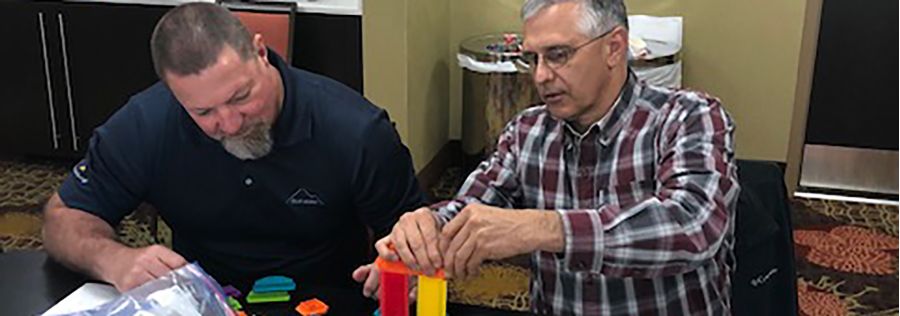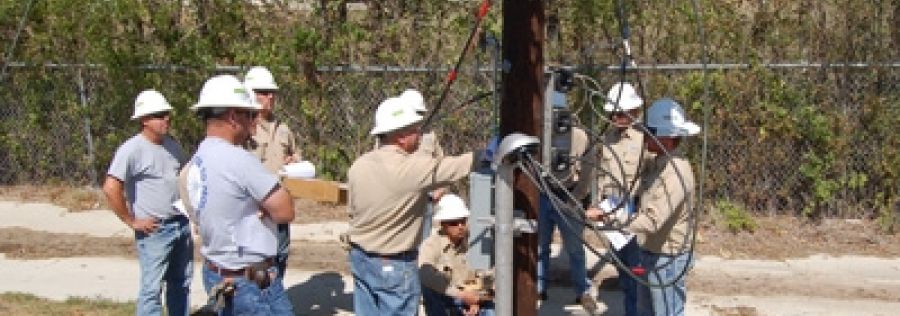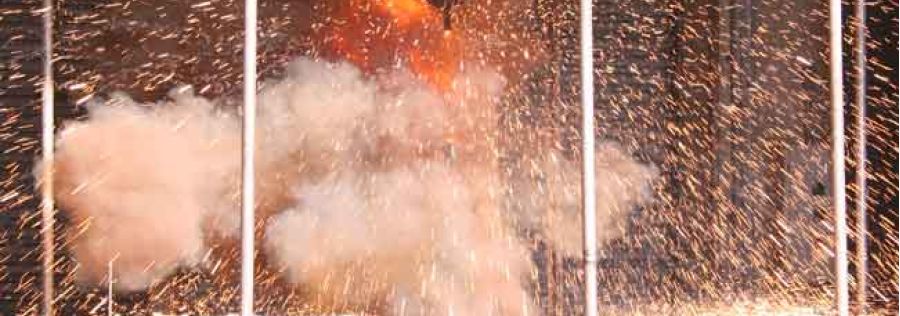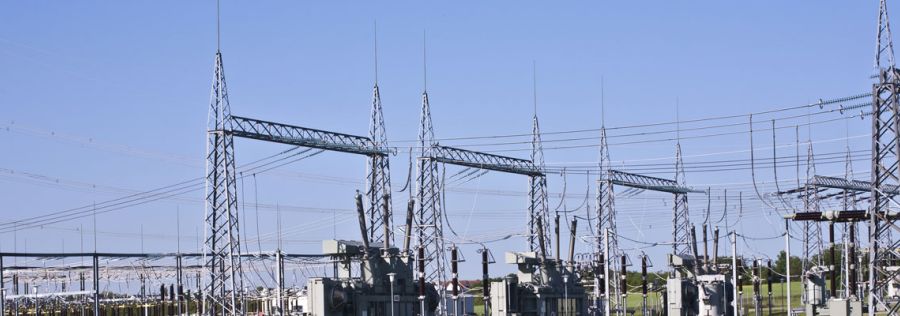Tag: osha
Don’t forget OSHA’s requirement for certain employers to post a copy of Form 300A, which summarizes job-related injuries and illnesses logged during...
Who says Safety Training can’t be fun and interesting?
Who says Safety Training can’t be fun and interesting? Check out these comments from SET Solutions’s latest Electric Power Comprehensive Safety Compliance Course:
...
30 Hour OSHA Course for Electric Utilities
Check out what the participants at SET Solutions’s latest 30 Hour OSHA Course for Electric Utilities had to say about the program:
“Instructors were knowledgeable...
OSHA’s Respirable Crystalline Silica Standard
Enforcement of OSHA’s respirable crystalline silica standard for construction went into effect on September 23. Check out the link below for the latest...
OSHA Final Rule – Information Transfer
The OSHA Final Rule on Electric Power Generation, Transmission and Distribution; Electrical Protective Equipment (29 CFR Parts 1910 and 1926) requires host employers...
Fall Protection Requirements
When OSHA passed the new Walking and Working Surfaces Standard for the General Industry in 2016 they also updated the fall protection requirements in the Regulations...
Understanding OSHA Electric Power Training Requirements
Are your employees performing work on or near electric power generation, transmission or distribution facilities? If so, whether they are performing electrical or...
Electric Power Standards- What does OSHA consider reasonable estimates of available heat energy?
What does OSHA consider reasonable estimates of available heat energy? Understanding that the largest available amount of fault current does not necessarily translate...
Electric Power Standards- Aerial Lift Fall Protection
Can a 6 foot shock absorbing lanyard be used while working from an aerial lift? The answer requires an assessment to determine if the system will provide worker...
Electric Power Standards- Subcontractors Performing Nonelectrical Work in Restricted Areas
Does the Host Employer have any responsibility for subcontractors performing nonelectrical work inside restricted workareas. The answer is Yes! Host employers have the...




